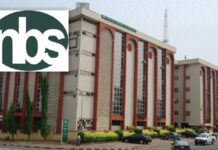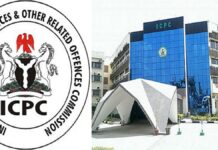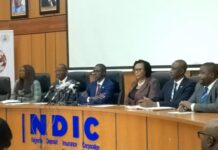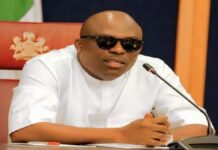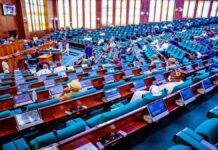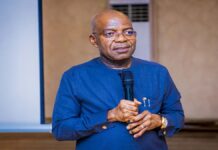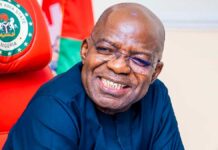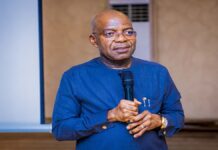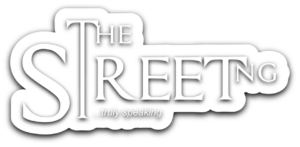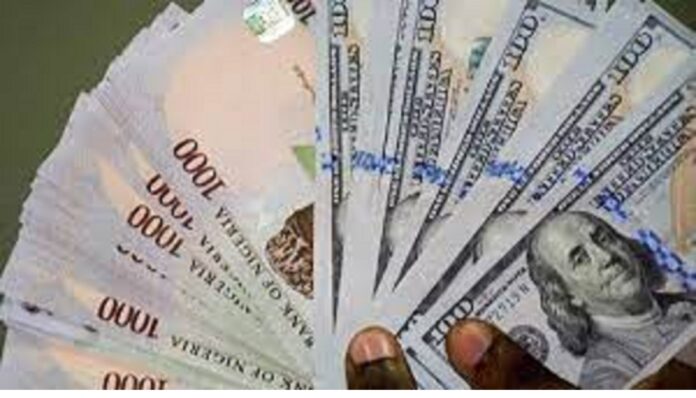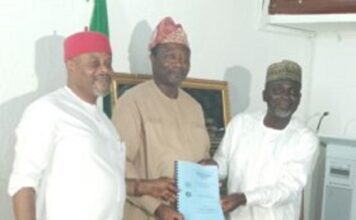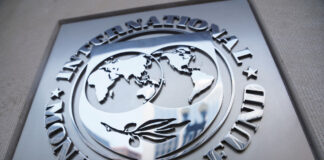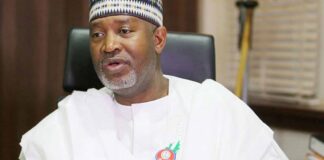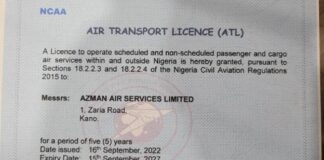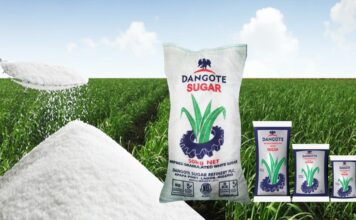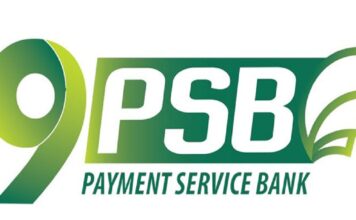Trending Now
Politics
Top Stories
Business & Finance
NDIC Increases Maximum Deposit Insurance Coverage for Failed Banks
NDIC Increases Maximum Deposit Insurance Coverage for Failed Banks
The Nigeria Deposit Insurance Corporation (NDIC), has reviewed upward the maximum deposit insurance coverage for depositors...
UBA’s Leo Celebrates 6 Years of Impact, With New Offerings
United Bank for Africa (UBA) Plc is celebrating the 6th year of operation of its flagship artificial intelligent Digital Assistant and Chatbot - Leo, and has announced new offerings aimed towards deepening the face of digital banking in Nigeria.
Fidelity Bank to Raise N32bn from Shareholders
Fidelity Bank Plc has proposed a capital raise of N32 billion from its shareholders to drive the lender’s growth agenda for the financial year 2024.
Moniepoint Introduces New Initiative to Reward Customers
Moniepoint Microfinance Bank (MfB) has introduced a new initiative “Moniepoint Personal Banking Refer and Earn” programme aimed at rewarding its customers this Christmas season.
Insurance Companies Collect N729.1bn Premium in First Three Quarters of 2023
Insurance companies collected N729.1 billion as premium in the first three quarters of 2023, an increase of N196 billion over the N532.7 billion collected in the first three quarters of 2022.
Economy
News
Sports
Chelsea Win Over Tottenham in Premier League Clash
Chelsea Win Over Tottenham in Premier League Clash
In a thrilling Premier League encounter at Stamford Bridge, Chelsea secured a convincing 2-0 victory against Tottenham...
Technology
Cryptocurrency
Health
Features
Entrepreneurship
Oil Prices Climb Ahead of OPEC Output Decision
Crude oil prices gained amid falling inventories and an uncertain economic backdrop, ANZ Bank said in a Friday note. Brent crude rose
Student Loan Application Portal to Open May 24 –Official
The student loan application portal will open on May 24, 2024, the Nigerian Education Loan Fund (NELFUND) has said.
FAAC Disburses N1.2Trn May Allocation to FG, States, LGs
The Federation Account Allocation Committee (FAAC) disbursed a total of N1.208 trillion to the federal government, states, and
Africa’s Transformation: AfDB Inaugurates 2024 Economic Outlook Report
The African Development Bank (AfDB), is set to inaugurate the 2024 edition of its flagship African Economic Outlook (AEO) to accelerate
